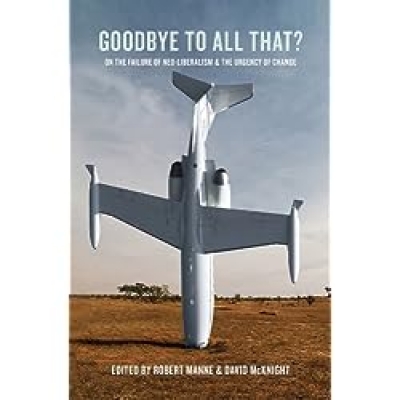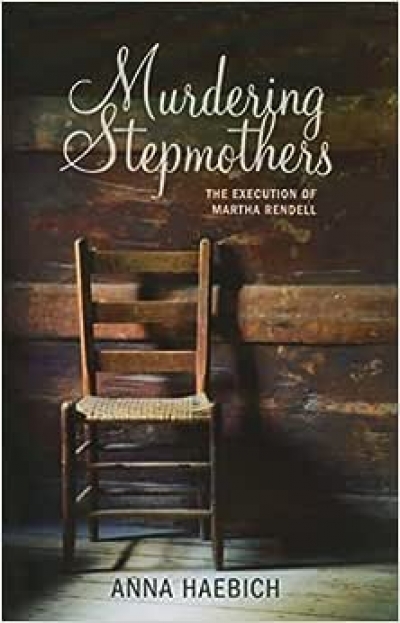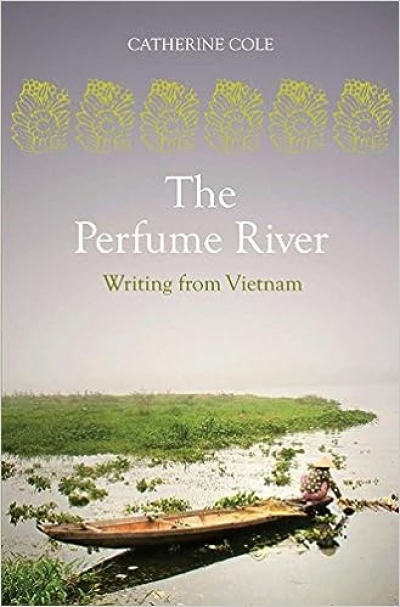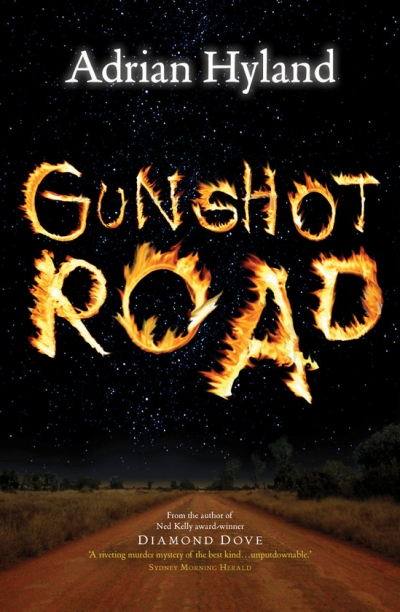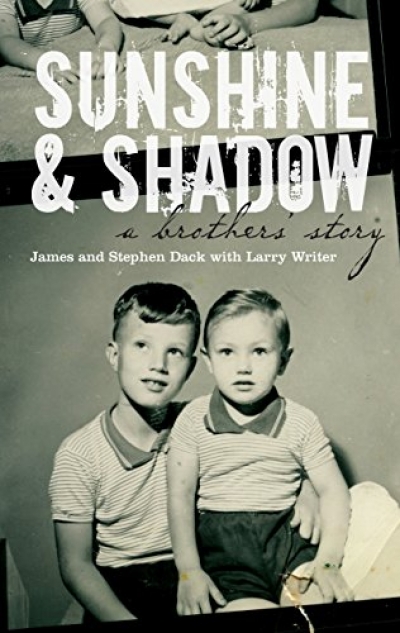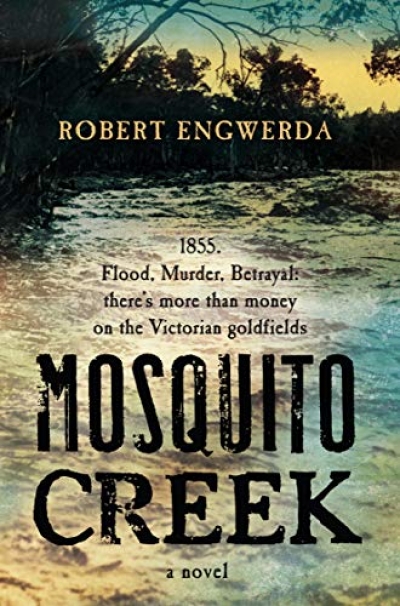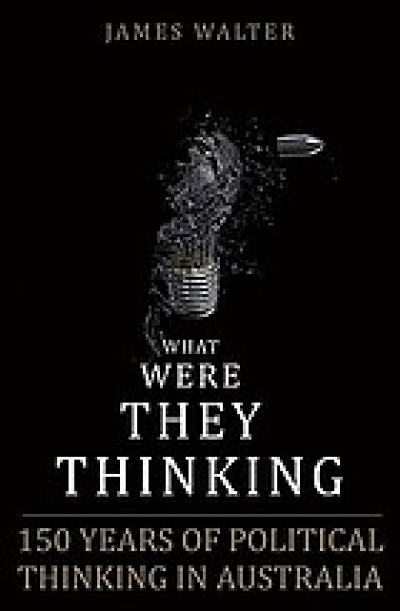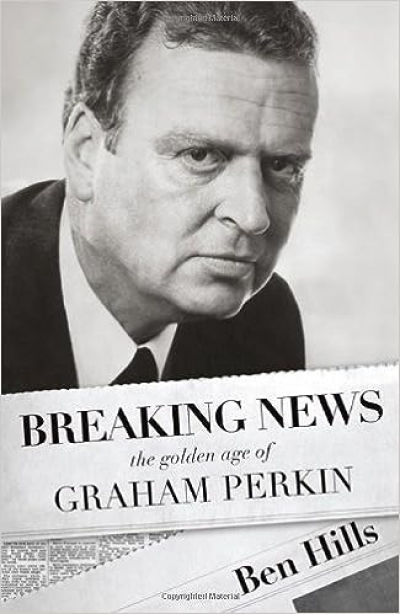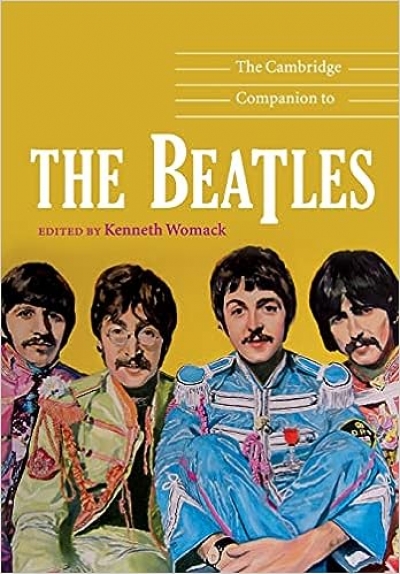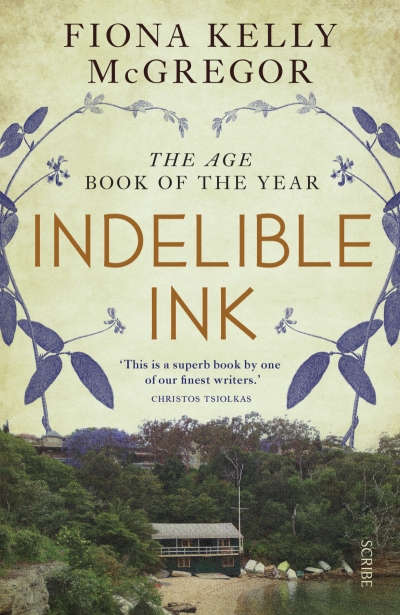Archive
Goodbye To All That?: On the failure of neo-liberalism and the urgency of change edited by Robert Manne and David McKnight
by Norman Abjorensen •
Murdering Stepmothers: The execution of Martha Rendell by Anna Haebich
by Wendy Were •
The Perfume River: Writing From Vietnam edited by Catherine Cole
by Thuy On •
Sunshine And Shadow: A Brothers' Story by James and Stephen Dack (with Larry Writer)
by Stephen Mansfield •
What Were They Thinking?: The Politics of Ideas In Australia by James Walter (with Tod Moore)
by Nicholas Barry •
Breaking News: The Golden age of Graham Perkin by Ben Hills
by Michael Shmith •
The Cambridge Companion to The Beatles edited by Kenneth Womack
by Linda Kouvaras •

